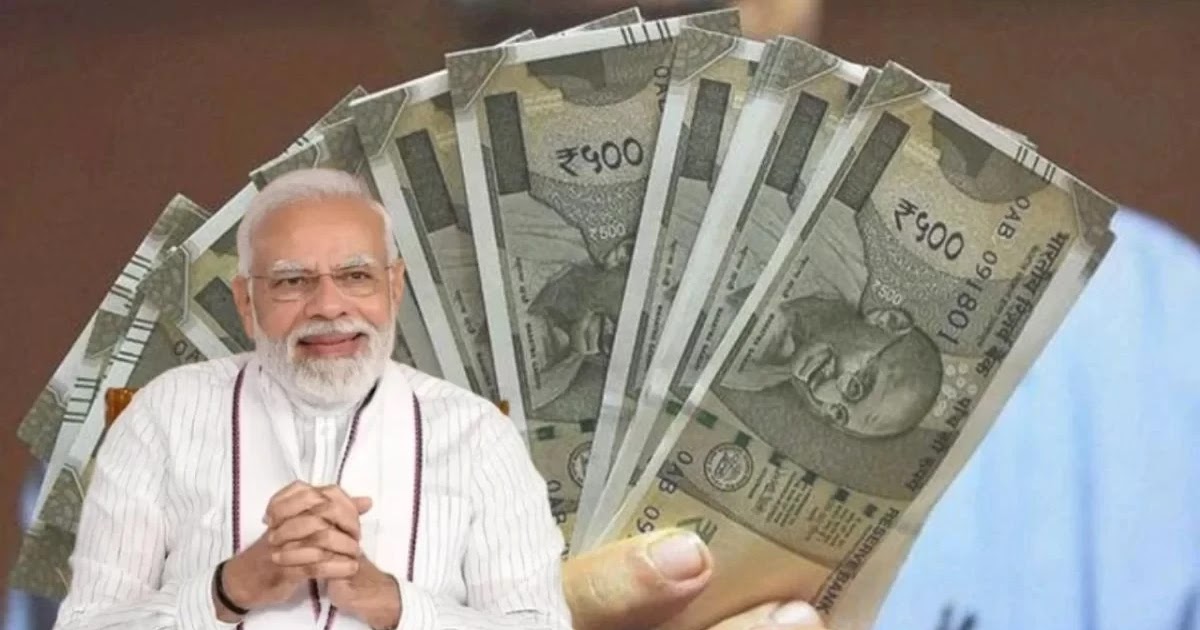The time for central government employees can prove to be decisive in many ways. According to media reports, the Modi government may announce to increase dearness allowance before 15 August 2025. In addition, the process of formation of 8th Pay Commission can also gain momentum. In such a situation, the eyes of millions of employees and pensioners are on the next step of the government.
Why is it important to increase dearness allowance?
Dearness allowance is an important part of the salary of government employees. This is revised every 6 months keeping in mind the cost of their living. Increase in this allowance, decided on the basis of the Consumer Price Index (CPI), directly increases the total salary of employees.
According to sources, even though there is no official statement on the DA review of July 2025, it is possible to announce a big announcement before Independence Day. Increasing dearness allowance can lead to a significant increase in monthly income of employees, which will also increase their purchasing power.
Signs of boom in the process of 8th pay commission
7th Pay Commission term in final stages
The duration of the 7th Pay Commission ends on 31 December 2025. In such a situation, the possibilities of forming the 8th Pay Commission have become stronger. Although in January 2024, the government announced the formation of the 8th Pay Commission, but the chairman has not been appointed yet.
Expectations of 50 lakh employees and 62 lakh pensioners
There are about 50 lakh central employees and 62 lakh pensioners across the country, who are very hopeful about dearness allowance and new pay commission. They are expecting better salary structure and life standards.
Dearness allowance and salary structure mathematics
Contribution of DA, HRA and TA
Government salary is not just based on basic salary. This includes several features such as dearness allowance, house rent allowance (HRA), and travel allowance (TA). Over the years, the share of allowances has reached 50% in total salary.
What will change with dearness allowance?
If the dearness allowance increases by 4%, as the reports are being claimed, an employee with a basic salary of ₹ 18,000 can get about ₹ 720 more every month. Also, other allowances will also increase proportionately.
Expectations of Fitment Factors and Salary Hike
The fitment factor was 2.57 in the 7th Pay Commission
Fitment factor is the coefficient that plays the lead role in determining the total salary of an employee. It was set 2.57 in the 7th Pay Commission. At the same time, it can be kept between 1.83 and 2.46 in the 8th Pay Commission.
If the government gives the green signal to the 2.46 fitment factor, then an employee with a basic salary of ₹ 18,000 can directly reach ₹ 44,280 per month. This increment will make a big contribution to the morale and financial stability of the employees.
Political and economic approach
Big bets before the 2026 Lok Sabha elections?
Political analysts believe that the government can take this big step in view of the 2026 Lok Sabha elections. Increasing dearness allowance and activating the 8th Pay Commission can be a strategic step to help the middle class and government employees.
What is the signal from the government?
So far no official notification has been issued by the government regarding the dearness allowance or pay commission, but sources in the Finance Ministry say that action can be taken on the formation of DA Hike and Commission before August 15.
Golden opportunity for employees
This coming week can prove to be very important for central employees. If the government announces the formation of the 8th Pay Commission along with increasing dearness allowance, then it will be a relief news for millions of employees and pensioners. The situation will be more clear in the coming days, but at the moment the market of expectations is hot.
